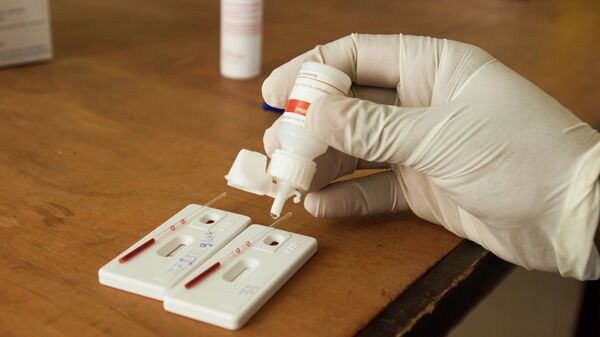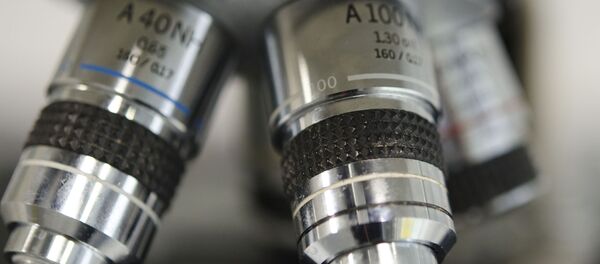Among the men surveyed in the study were ones that engaged in risky sexual behavior, 84% of whom reported multiple sexual partners. Further, 143 of the men were surveyed about their sexual behavior six months into the study, and over 40% of them said their use of condoms had decreased, while 74% said the number of their sexual partners remained the same.
The results have helped ameliorate the concerns of PreEP critics who argued that pre-exposure pills would likely increase the rate of HIV infections as men would decrease their use of condoms.
"This is very reassuring data,” Dr. Jonathan E. Volk, an epidemiologist for Kaiser and the study’s lead author, wrote. "It tells us that PreEP works even in a high-risk population."
While there were zero cases of HIV infection, around half of the subjects participating in the study contracted syphilis, gonorrhea, or chlamydia within the first year. Though dangerous, these infections can be cured with antibiotics, unlike HIV, which can only be controlled with antiretroviral drugs taken for life.
The study was primarily observational, and unlike clinical trials, which are considered more rigorous, participants were not given placebo pills.
In 2014, a clinical trial for Truvada, nicknamed the Proud study, was conducted among gay men in England. The study found that those who were given a placebo instead of the real drug had nine infections for every 100 “person years” of observation, meaning that the incidence rates of HIV infections were higher. The trial ended early as it was deemed unethical to administer a placebo because Truvada’s effectiveness became unquestionable.
Mitchell J. Warren, the executive director of AIDS prevention lobbying group AVAC, said the latest study helps "fill in a critical gap by showing that PreEP can prevent infections in a real world public health program."
Director of the National Institute for Allergy and Infectious Diseases, Dr. Anthony S. Fauci, similarly highlighted the significance of PreEP in AIDS prevention.
"This shows that the effectiveness of PrEP is really strikingly high,” he said. “And this study takes it out of the realm of clinical trials and into the real world."





